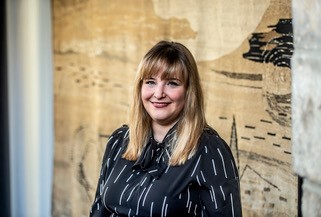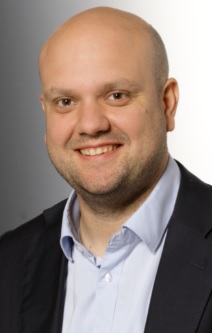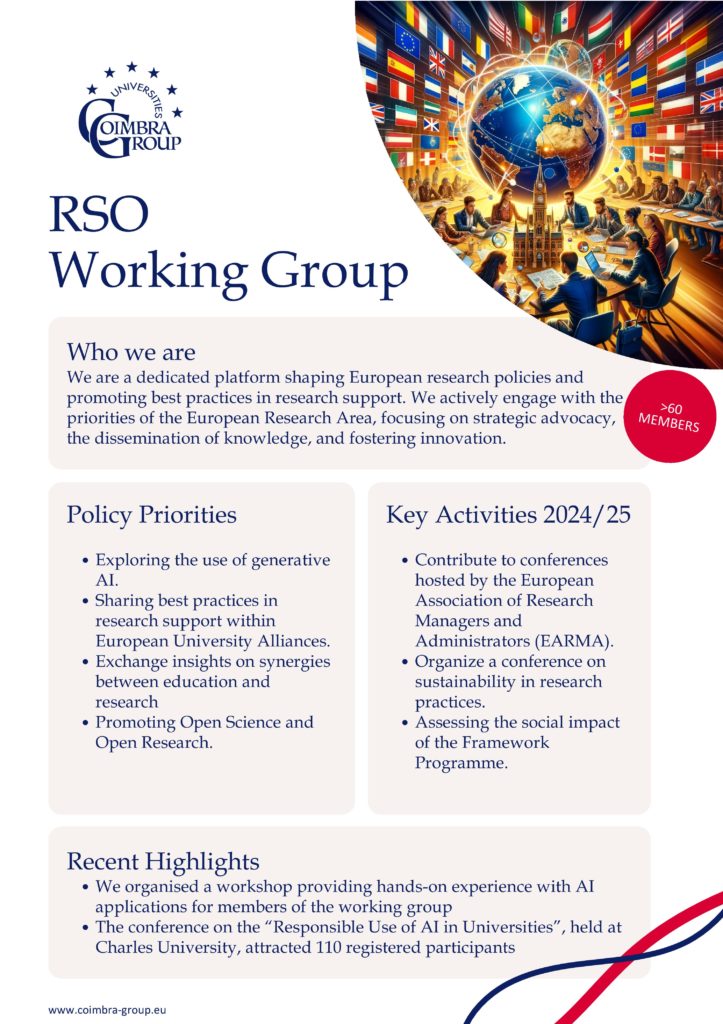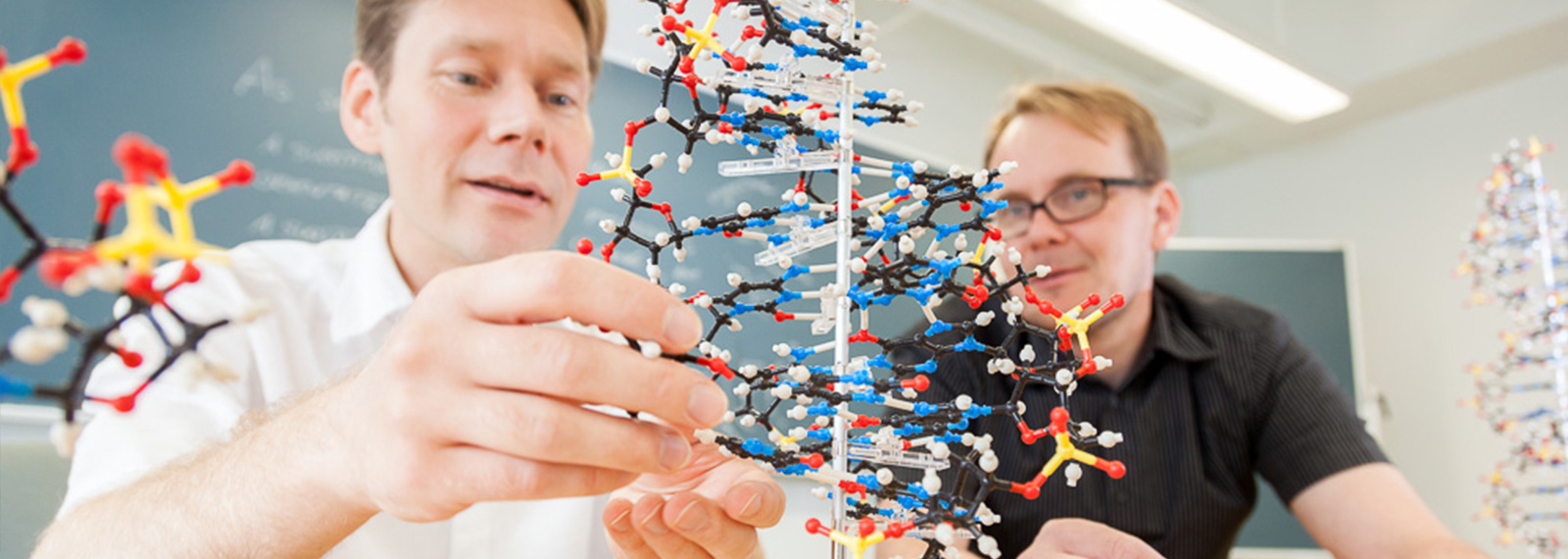Research Support Officers
Working Group
Chair: Adéla Jiroudková

Adéla Jiroudková serves as the Head of the Research Support Office at Charles University, bringing over a decade of specialized experience in research administration to her role. Her journey in this field began with a position as Project Manager, where she was responsible for both pre-award and post-award management. Adela now directs a wide array of research support activities, from project planning to funding. In addition to her primary responsibilities, she actively contributes to various institutional initiatives, such as the implementation of the Human Resources Strategy for Researchers (HRS4R) and the Gender Equality Plan. On the national level, Adela serves as a Board Member for CZARMA, the Czech counterpart of the European Association of Research Managers and Administrators (EARMA).
Vice-Chair: Matthias Röder

Dr Matthias Röder works as head of international funding at the Research Management Division of the University of Cologne. He was awarded a PhD in Physics by Ruhr-Universität Bochum for his work in particle physics at Forschungszentrum Jülich GmbH. After two years as a Post-Doc, he joined the administration of the Forschungszentrum and started to work in research management.
Focus of Working Group
The Coimbra Group elevates research as a key component alongside education and innovation within its member institutions, addressing challenges at various scales. It provides a unique platform for shaping European research policies and fostering best practices in research support.
The Research Support Officers WG (RSO WG) unites over 60 university representatives to enhance research strategies through idea exchange and expert collaboration. Actively engaging with European Research Area priorities, they focus on strategic advocacy, knowledge dissemination, and fostering innovation, ensuring their activities align with both the Coimbra Group’s mission and the evolving research landscape. The WG’s focused endeavours include:
Strategic Policy Advocacy: The group assists the Executive Board in shaping research policy by crafting insightful position papers on European Research Policy. This initiative is further enhanced through proactive engagement with analogous networks and national stakeholders, aiming for cohesive advocacy efforts. This engagement is now more crucial than ever, given the European Research Area (ERA)’s recent focus on inclusive and sustainable research environments, ensuring that policies reflect the evolving needs of the research community.
Best Practice and Experience Sharing: The group continues to serve as a central hub for the dissemination of best practices and experiences in research management and support. We continuously advance our knowledge by hosting experts from diverse fields and institutional backgrounds, such as individuals from the European Commission, other networks or members of relevant projects. This objective has gained additional significance with the ERA’s renewed emphasis on fostering excellence and competitiveness across European research institutions, encouraging a culture of continuous improvement and adaptation to global standards.
Facilitating Knowledge Exchange: The promotion of knowledge exchange via the mobility of research support staff remains a key area of focus. This initiative is directly aligned with the ERA’s objective to enhance human resource policies and ensure the free circulation of researchers and knowledge within the EU. The group thereby contributes to building a more cohesive, ERA-wide research ecosystem.
Collaborative Synergy: Collaboration between the Working Groups amplifies Coimbra Group’s impact related to Research and Innovation. This approach fits into ERA’s strategic framework, which advocates for interdisciplinary and cross-sectoral research collaborations. Thereby, the RSO WG taps into collective expertise, fostering innovation and addressing societal challenges.
Priorities for 2024-2026
- Exploring the use of generative AI in the Research Management and Administration (RMA) profession: To understand and optimize the application of generative AI technologies in streamlining research management processes, enhancing productivity, and fostering innovation within the RMA profession.
- Best practice in Research Support within European University Alliances: To foster a collaborative and efficient research support framework that leverages the strengths of European University Alliances, enhancing the international competitiveness and visibility of European research.
- Any good practices on synergies between Education and Research: To strengthen the integration of research with teaching and learning processes, ensuring that education contributes to and benefits from cutting-edge research, thereby enhancing the quality and relevance of higher education.
- Closely observe the development of ERA Action 17 which is focused on enhancing the training and skills of research management staff, improving management competencies of researchers and innovators, increasing networking among research managers, and promoting the recognition of the research and innovation (R&I) management profession at institutional and governmental levels.
Recent highlights
- On 22 November 2023, RSO WG members gathered at Charles University for a workshop providing hands-on experience with AI applications, particularly focusing on ChatGPT and other large language models. This workshop provided a great boost in practical knowledge, benefiting all participants in their work.
- The conference on the “Responsible Use of AI in Universities”, held at Charles University on 23 November 2023, attracted 110 registered participants from 29 universities, 6 ministries, the Czech Academy of Sciences, and 3 private companies. The event provided a comprehensive exploration of the responsible integration of Large Language Models into academic settings, addressing both its advantages and challenges. The event was selected for funding by the Coimbra Group. Check the conference short report.
- Feedback continues to be received on the Coimbra Group’s position paper regarding the “Past, present, and future of the European Research & Innovation Framework programmes 2014-2027“, even a year after its publication, for instance during exchanges with members of the Commission’s high level expert group on the interim evaluation of Horizon Europe. Particular attention is being paid to the recommendations for enhancing the integration of Social Sciences and Humanities.
Ongoing / Forthcoming activities
2024-2025
- Discuss the impact of European University Alliances co-operation.
- Continue the work on Open Science and Open Research, including the current discussion on research security.
- Share best practice and experience related to the integration of RSOs into the project’s lifecycle.
- Support for incoming researchers.
- Research Integrity and Research Ethics.
2025-2026
- Share best practice on Gender and research.
- Assess the Social Impact of the EU R&I Framework Programme, including specific viewpoints from the SSH.
- Discuss first WP for FP10 in 2026.
- Conference on Sustainability in Research Practices (Q2 2025 or 2026, venue TBC): Sharing insights and strategies for incorporating sustainability into research methodologies, funding, and dissemination, aligned with global sustainability goals.
Contact person at the CG Office: Manuel Daporta Cendán (daporta-cendan@coimbra-group.eu)



